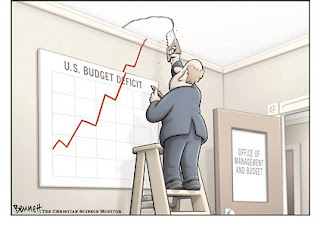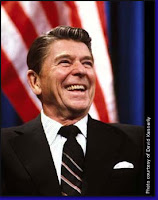As the New Year approaches and the 112th Congress is waiting to be sworn in, Democratic lawmakers are rushing to push legislation through Congress before the lame duck session expires. According to Politico.com it looks as though lawmakers on Capitol Hill will be forced to stay in session until Christmas Eve and there is even talk that Senate Majority Leader Harry Reid will call back the Senate for a post-Christmas session. This would be the first time a post-Christmas session took place since 1995. The Senate has yet to vote on various pieces of legislation such as the START treaty, the government funding bill, and a food safety measure bill. As the 111th Congress draws to a close the schedule in the House looks a little less hectic but House members have yet to vote on a 9/11 first responders bill which was amended by the Senate last week. Since the Congress has yet to pass an appropriations bill all year there is the prospect that the government could shut down. Because of this Reid says that this bill is of top priority and that a vote is expected to take place Tuesday evening. The senate would also like to vote on a lands bill and a defense policy bill but it looks as though there will not be enough time for a vote to take place. As the year draws to a close, Capitol Hill has been a very chaotic place especially because the incoming congress who are moving into their new office spaces. Many defeated lawmakers are being forced to work out of small cubicles in the basement.
Source: http://www.politico.com/news/stories/1210/46634.html
Source: http://www.politico.com/news/stories/1210/46634.html









